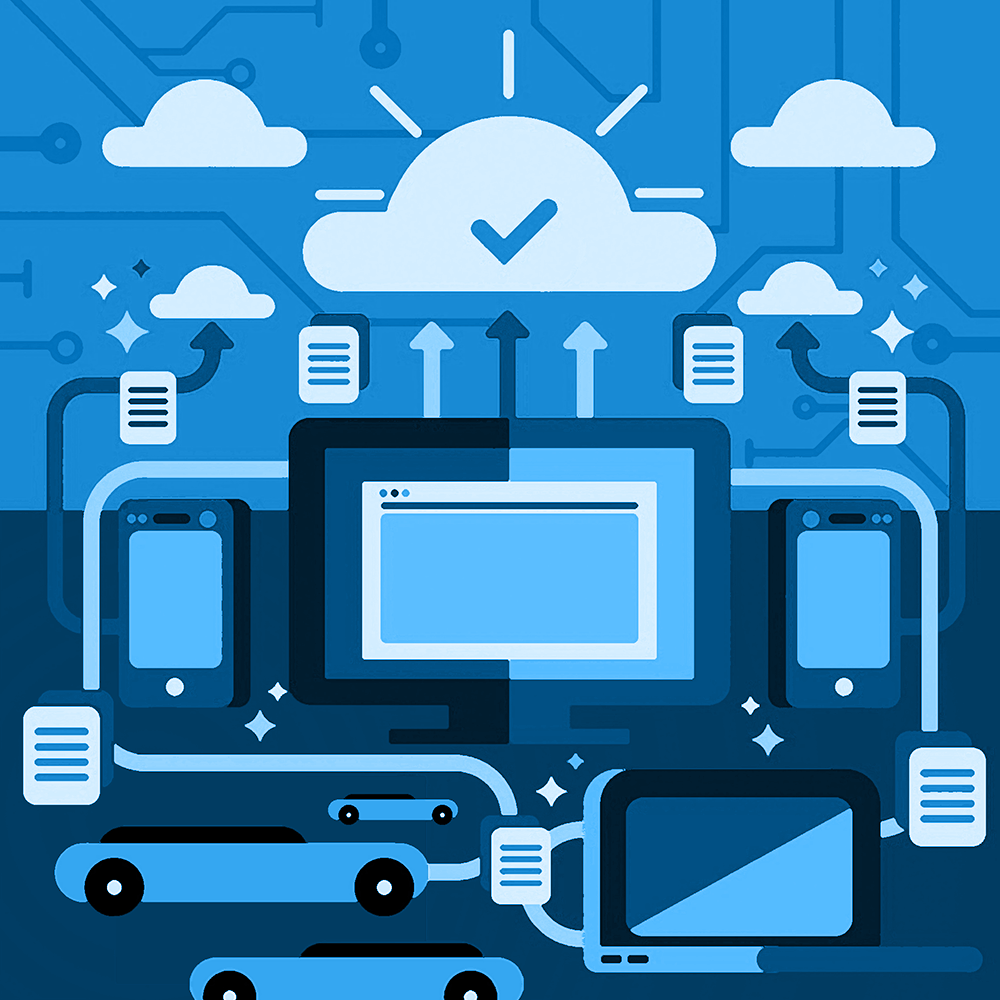
The introduction of connected intelligence into industrial settings and its integration into “smart cities,” create an unprecedented set of security risks to everyday life. At the summit, this breakthrough group will chart ways to increase the cyber resilience of urban environments on a global basis, looking at ways to improve readiness, responsiveness and reinvention.
Like all large organizations, cities struggle with the basic capabilities and competencies related to cybersecurity of their information, systems, and services. But the bigger challenge may be the cyber resilience of the urban environment. For example, Rotterdam (a member of the 100 Resilient Cities Initiative) published the first cyber resilience strategy for a city. Cyber resilience for cities should improve readiness, responsiveness and reinvention. The last category is perhaps the most challenging. More research and engagement is needed to help advance the understanding of how to define and advance cyber resilience.
This breakthrough group aims at testing two novel ideas as a means to tackle cybersecurity in resilient cities and the Internet of Things. First is the notion that the proliferation of smart, interconnected devices provides an opportunity rather than a threat to cybersecurity. By 2020, over 50 billion devices will be connected to the Internet, forming a network of sensors and collecting essential information about the network environment and the states of their interconnected peers. Rather than assuming these networks of sensors and devices will inevitably be exploited by malicious actors, new technical and organizational arrangements could be designed to harness the collective intelligence of these sensor networks for the purpose of securing and defending the Internet of Things. Second, a shift in the way security is managed may be needed since the sheer number of interconnected devices will make it almost impossible to consistently maintain the security of endpoints. Moving forward, network intermediaries will play a more prominent role in providing cybersecurity. A new model would enhance security at the network level through close collaboration among network providers. Smart cities can be used as a test-bed to experiment with this new approach.
This group also builds on EWI’s past work on critical infrastructure resilience and preparedness, including the use of the international information-sharing platform for sharing best practices for mitigating cyber risk to critical infrastructure.
In partnership with the Industrial Control System Information Sharing and Analysis Center (ICS-ISAC), the Cyberspace Research Institute and Unisys, EWI developed a concept and launched an action-oriented, interactive, community-based platform for international sharing about cyber risk to critical infrastructure and good practices for mitigating risk.
This breakthrough group will chart ways to increase the cyber resilience of urban environments on a global basis, looking at ways to improve readiness, responsiveness and reinvention.
EWI Publications:
A Community-Based Platform for Critical Infrastructure Cyber Resilience: A Working Paper
The Reliability of Global Undersea Communications Cable Infrastructure (ROGUCCI)
Priority International Communications
Related Publications:
Resource: Annotated Bibliography on the Internet of Things
CSIS Report: Managing Risk for the Internet of Things
Cybersecurity and the Internet of Things - a Law Enforcement Perspective